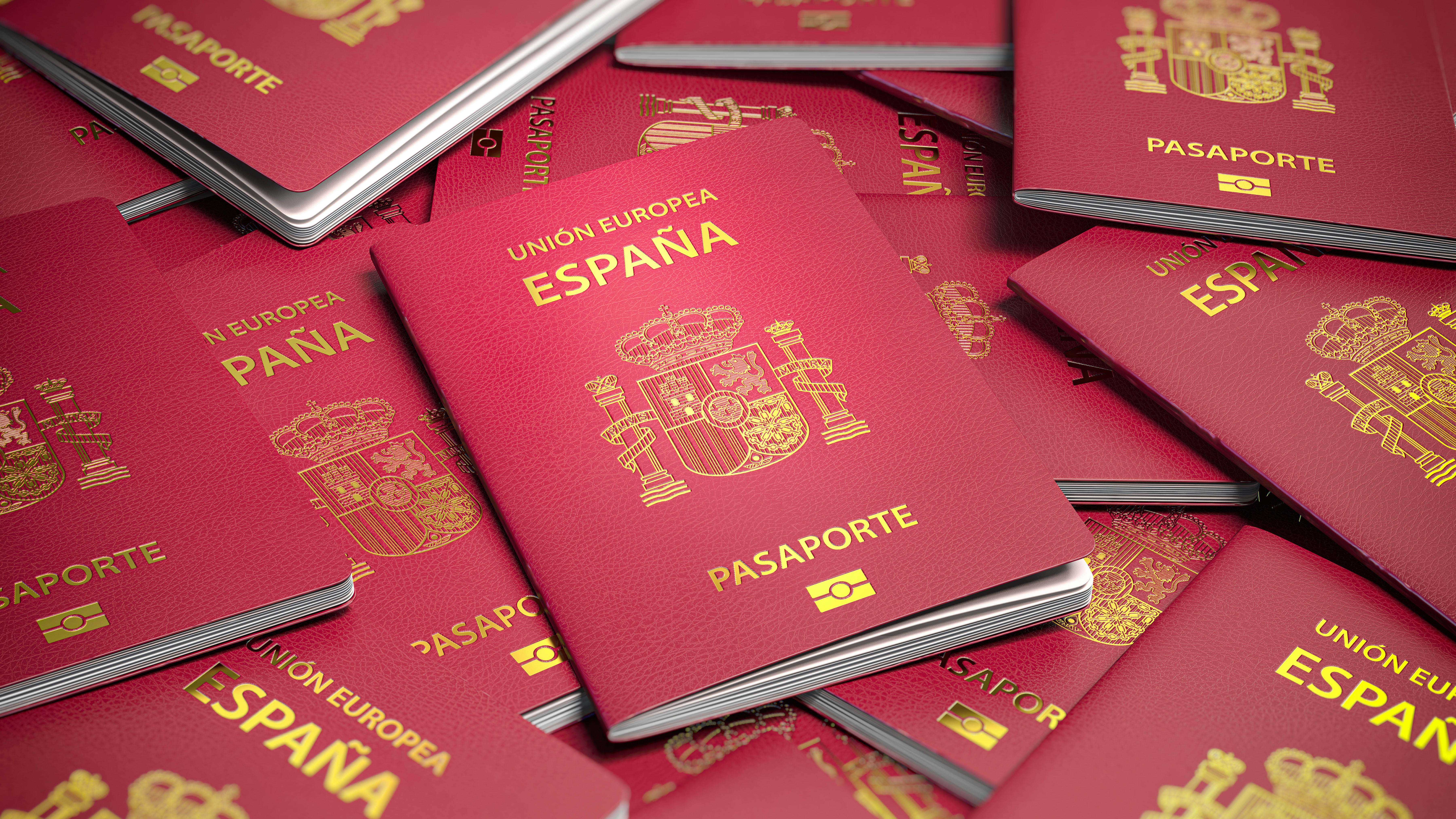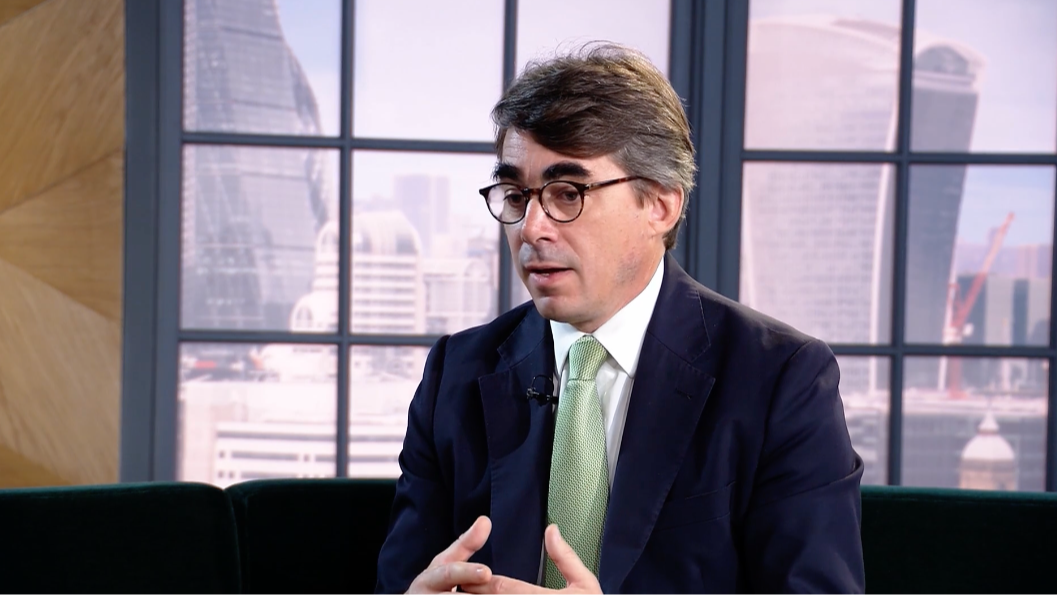Marrying the money: hedging between romance and finance
Ali Al-Enazi

The lavish wedding of billionaire tech tycoon Jeff Bezos in Venice, which reportedly cost close to $50m, has once more highlighted the legal and emotional complexities behind such unions, and what happens should they dissolve.
Despite the Amazon founder’s €3m donation to local charities promising to build a more sustainable future for Venice, his tying of the knot with Lauren Sanchez during a luxury-laden private ceremony hit the headlines for all the wrong reasons.
The ostentatious display of wealth in a city struggling economically and environmentally has not gone down well with the 50,000 and shrinking population. Venetian locals have been loudly complaining about “Disneyfication” of their historic hometown.
As well as environmental implications, many observers are asking if these celebrity unions are actually built to last. Although Mr Bezos is the world’s third-richest man, Ms Sanchez has also enjoyed fame as a philanthropist and former US news anchor. Both Ms Sanchez and Mr Bezos were involved in high-profile divorce proceedings with previous partners.
Now legal experts are taking the opportunity provided by this headline marriage to advise other wealthy clients about shielding assets through prenuptial agreements and protecting their families.
“One of the purposes is to keep things as simple as possible if they get divorced,” says Jodi Furr Colton, a partner in Brinkley Morgan’s Marital and Family Law practice, based in Fort Lauderdale, Florida in the US.
Couples tend to have their “difficult conversations” while they are together, and the prenup allows whoever owns the assets to keep them when the relationship has broken down, she says. “You don’t have to worry about trying to value an asset upon divorce because the other spouse isn’t going to be entitled to it.”
Big fat prenups
But the concept of the prenuptial agreement has evolved into a sophisticated strategy, especially among ultra-high net worth individuals (UHNWIs).
The most protective prenups, notes Ms Colton, aim to offer the less wealthy spouse no claim to the core assets at all. “The strongest protection a prenup can offer is to give the spouse absolutely no entitlement to any of the wealthier person’s assets,” she explains.
The strongest protection a prenup can offer is to give the spouse absolutely no entitlement to any of the wealthier person’s assets
Instead, these agreements often provide for a guaranteed payout, structured in cash or easily valued assets like publicly traded stock or a house, while excluding anything more complex, such as family businesses or interests held in trust.
Recent legal precedents have also placed trust structures and asset use under scrutiny. Edward Floyd, partner at Farrer & Co in London, points to the UK Supreme Court’s Standish v Standish ruling, which reaffirmed the courts’ willingness to include previously protected assets as “matrimonial” if they have been used for family purposes.
“A change of use of an asset can make it a matrimonial one,” Mr Floyd says, “even if you inherited it or it came from a trust.”
In some cases, even seemingly minor changes, like converting a rental property into a family residence or repurposing a yacht, can shift its legal classification. “What’s become clearer is that if you use an asset for your family, it can and potentially will be shared equally.”
No-cheating charter
For UHNWIs leading the type of cross-border lives vividly portrayed in the Singapore-set hit ‘Crazy Rich Asians’ wedding movie of 2018, enforceability becomes a complex challenge.
“We hire counsel in all the relevant jurisdictions, you can live in multiple places, and there could be more than one jurisdiction [eligible for divorce],” says Ms Colton.

Lifestyle clauses have gained traction, particularly in the US, but remain controversial. “The most common request is a no-cheating clause,” Ms Colton says. “They’re very difficult to enforce; you have to prove that somebody has cheated.”
Still, their popularity speaks to the psychological weight such agreements carry. “It’s a function of people’s desire to have total control,” she adds.
In the UK, Farrer’s Mr Floyd cautions that morality-linked clauses may not stand up to legal scrutiny. “If what the lifestyle clause said was, ‘If you have an affair, you receive less money on a divorce,’ it would be very difficult to enforce; the court would say that was against public policy.” Yet he acknowledges that such provisions are increasingly appearing in prenups inspired by US practices.
Family secrets
More popular and enforceable are confidentiality clauses that prohibit spouses from speaking publicly about family matters. Such clauses go far beyond financial disclosure, barring discussion of household staff, private gatherings, or the identities of social circles.
Another area of evolution is the sunset clause, agreements that expire after a set number of years. Ms Colton notes these are rare among the ultra-rich, who typically want permanent protection of family wealth. “They would never want to be in a situation where they’re exposing multi-generational wealth to an outsider, no matter how many years they’re married,” she says.
Our experts however reveal a different dynamic further down the wealth curve. For some couples, sunset clauses may reflect the reality that financial circumstances and family dynamics evolve. The longer the marriage goes on, the more likely it is that the agreement is out of date, they point out. In some cases, a clause that phases out protections over time can encourage couples to revisit or update their arrangements, particularly in jurisdictions where older agreements may carry less legal weight.
Yet, the risk of emotional entanglement around money goes far deeper than legal clauses. Mary Clements Evans, a Pennsylvania, US-based behavioural finance expert and certified financial planner, sees financial manipulation as a widespread, if rarely acknowledged, phenomenon.
“Money manipulation is used to solicit an action or emotion that is not willingly offered by the victim,” she says. “And it’s not just ultra-wealthy families, it’s very common across the board.”
In families where wealth is concentrated in one individual or generation, money often becomes a lever for control. “If you don’t go to college to be an engineer, we won’t pay for your education. If you marry this person, we’ll cut you out of the will,” she says. “These are not outliers. I see this all the time.”
In some multigenerational families, financial control becomes entrenched over decades. Ms Evans recounts one case in which a matriarch over the age of 100 continued to control the entire business empire, despite her children having managed it for decades.
“It has really screwed up the relationship that all these people have with money,” she says. “They come away thinking money is power, money is control, rather than a tool for exchange.”
Financial abusers
The emotional damage often manifests in one of two ways: either the next generation repeats the same behaviours, weaponising money in their own relationships, or they become avoidant altogether.
“They don’t want to think about money, don’t want to talk about money, they’re deeply uncomfortable,” says Ms Evans. “If you’re the victim of financial abuse, it’s really hard to have a healthy financial life.”
Advisers and family offices, she argues, must become more aligned with these dynamics, especially as wealth transfer accelerates. “We’ve moved past the era of just selling products,” she says. “What people are looking for is financial advice that understands the behavioural side. You have to understand the ‘why’ behind someone’s decisions.”
What people are looking for is financial advice that understands the behavioural side. You have to understand the ‘why’ behind someone’s decisions
She advocates for earlier conversations about the purpose and values behind family wealth. “You want to give those lessons that take the emotions out of money,” she says. “More money doesn’t make you a better person.”
As attitudes toward marriage and wealth planning continue to evolve, technology is also reshaping the conversation. Platforms like HelloPrenup are bringing prenups to a broader audience, especially among millennials and Gen Z, who are marrying later in life and often bring more financial baggage into relationships. With backing from The LegalTech Fund and investors like Shark Tank’s Kevin O’Leary and LegalZoom founder Brian Liu, HelloPrenup is aiming to normalise prenups as a tool for “financial wellness, transparency, and trust”.
Though it now captures more than 20 per cent of the US prenup market, the platform’s mission is broader than document automation. “Prenups are a tool for love, not for divorce,” according to CEO Julia Rodgers.
The platform’s model, offering legally vetted agreements at a fraction of the traditional cost, may mark the next phase in what has long been one of the most sensitive corners of private wealth planning. Whether the meeting of souls is arranged or spontaneous, planning for contingencies is increasingly becoming part of the deal.





